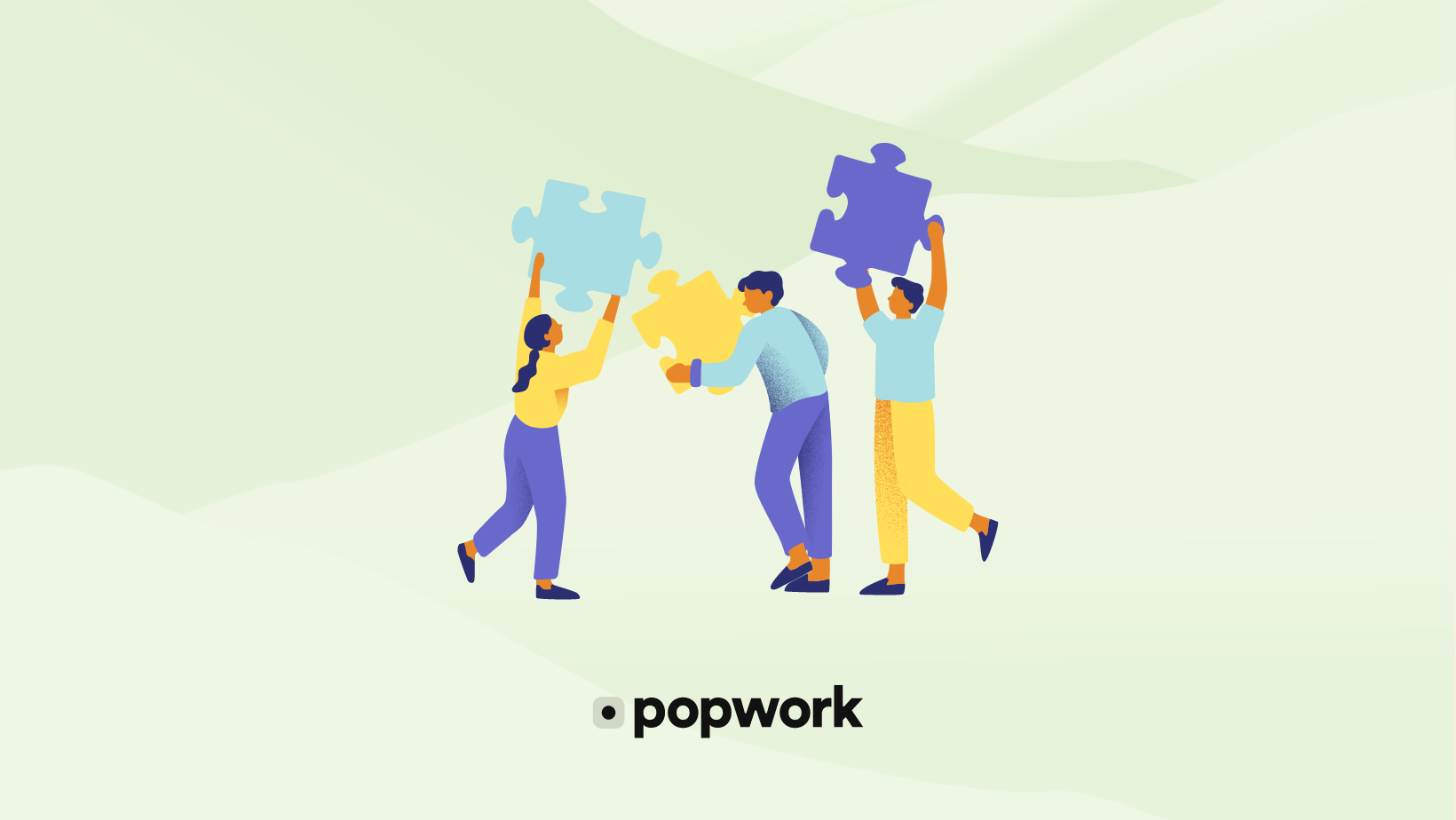In any organization, close collaboration between operational managers and human resources (HR) is essential to ensure employee well-being and the overall success of the company. Each party has specific responsibilities that complement and reinforce each other. But how are these roles distributed, and how can they collaborate optimally?
The Responsibilities of Managers
Managers play a crucial role in the daily management of teams. Their main responsibility is to ensure that operational goals are met while promoting the professional development of their team members. This involves setting goals, distributing tasks, providing feedback, and solving problems.
Beyond these basic responsibilities, managers are also leaders who inspire and motivate their team. They must create a positive work environment where employees feel valued and supported in their professional growth. Management platforms like Popwork can be valuable in supporting managers in this endeavor by creating a strong manager-employee relationship supported by numerous feedback exchanges.
The Responsibilities of Human Resources (HR)
HR is responsible for ensuring the long-term well-being of employees by implementing policies and programs that promote recruitment, retention, and talent development. Their role goes well beyond mere administrative management and includes strategic aspects such as workforce planning, diversity management, and employee engagement and retention.
HR is also responsible for managing labor relations and resolving conflicts. They must ensure that the company's policies and practices comply with current legislation and best practices in human resources.
Increasingly, HR relies on management platforms like Popwork to support a positive management culture and stimulate effective management practices. Having visibility into management practices and objective indicators of employee engagement allows for greater autonomy for managers.
Synergies Between Managers and HR
Close collaboration between managers and HR is essential for the organization's success. By working together, they can identify employee needs, implement appropriate development initiatives, and foster a work environment conducive to professional growth.
For example, managers can provide valuable insights into their team members' skills and performance, which can help HR design tailored training and development programs. Similarly, HR can assist managers in resolving people management issues, such as interpersonal conflicts or performance problems.
Pitfalls to Avoid
HR certainly has a role to play in supporting and assisting managers with the challenges they face with their teams. This is why the roles of HRBP (Human Resources Business Partners) are increasingly common in companies: it allows HR to be close to the field and teams and to support them better.
However, it is crucial to support managers without making them less accountable. HR should help, answer questions, and coach managers when necessary, but they should not replace managerial courage. Concretely, while some issues should lead to a manager-HR exchange, like a resignation, an underperforming employee, or the fear of burnout, others should be managed autonomously by managers, such as giving difficult feedback, a minor conflict in the team, or a temporary underperformance, for example.
The Ideal Role Distribution
The ideal role distribution between managers and HR will depend on the size and structure of the organization, as well as its strategic objectives. In some cases, it may be beneficial to create integrated teams where managers and HR work together on specific projects.
Whatever the chosen structure, communication and transparency are essential to ensure effective collaboration between managers and HR. Tools like Popwork can facilitate this collaboration by providing a centralized platform for team management and the reporting of management and engagement indicators.
In Summary, managers and HR play complementary roles in managing employees. By working together closely and synergistically, they can help create a work environment where employees feel valued, supported, and motivated to give their best.

